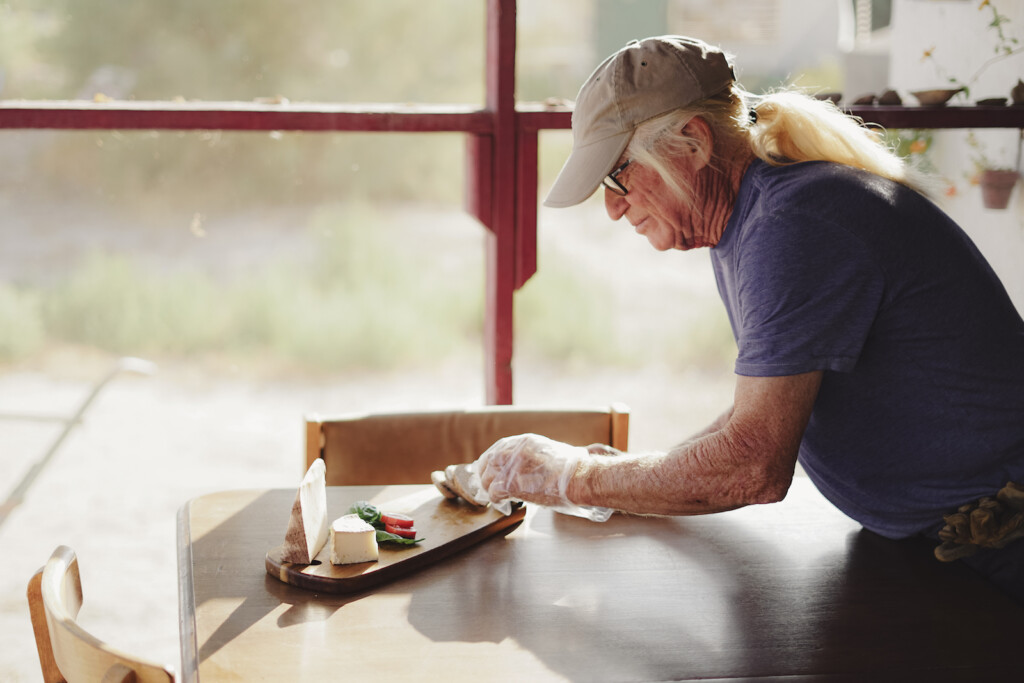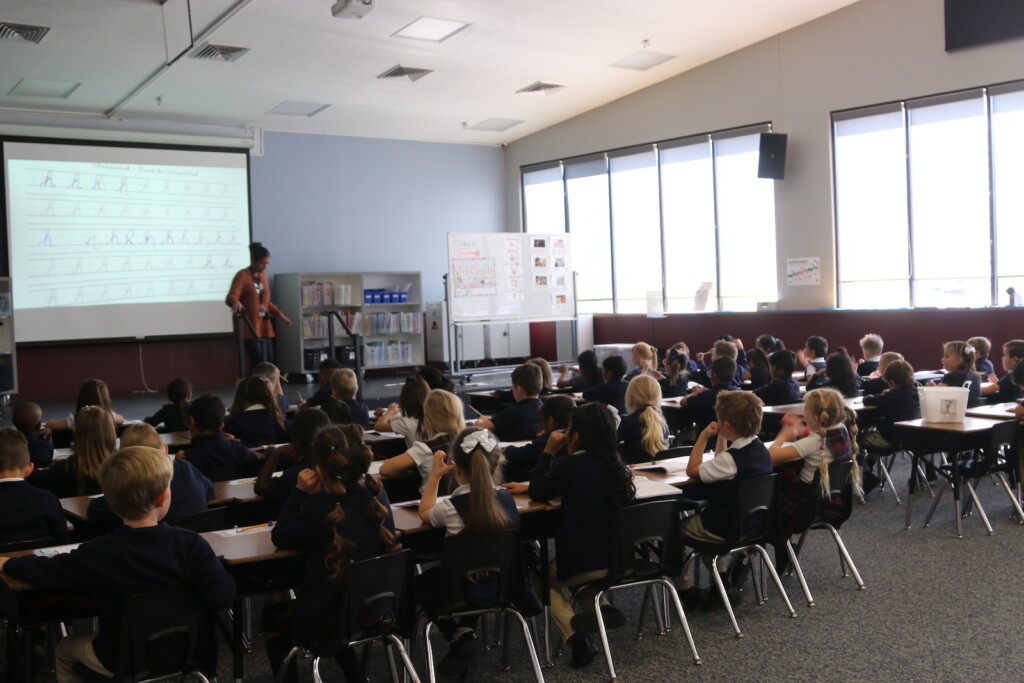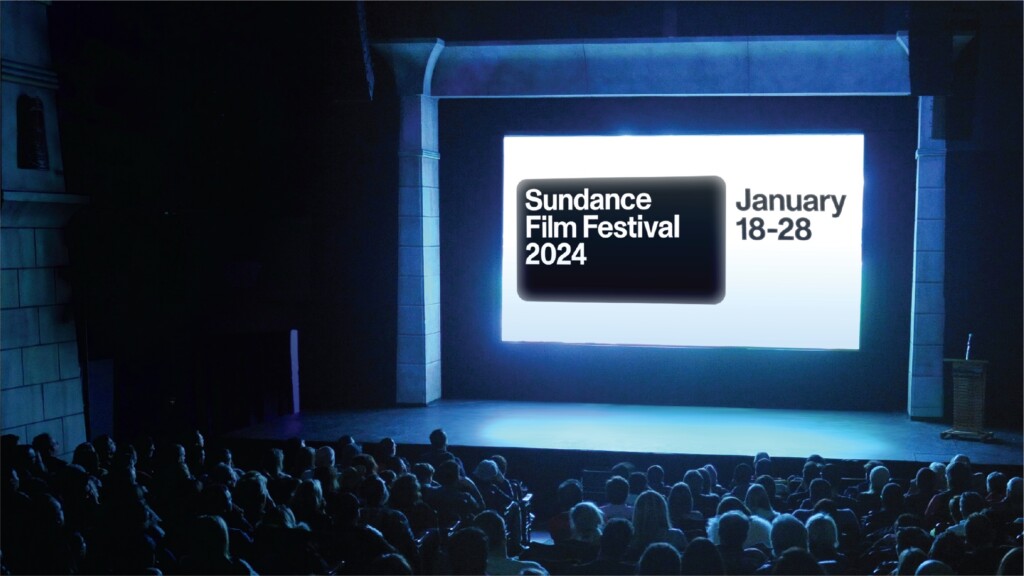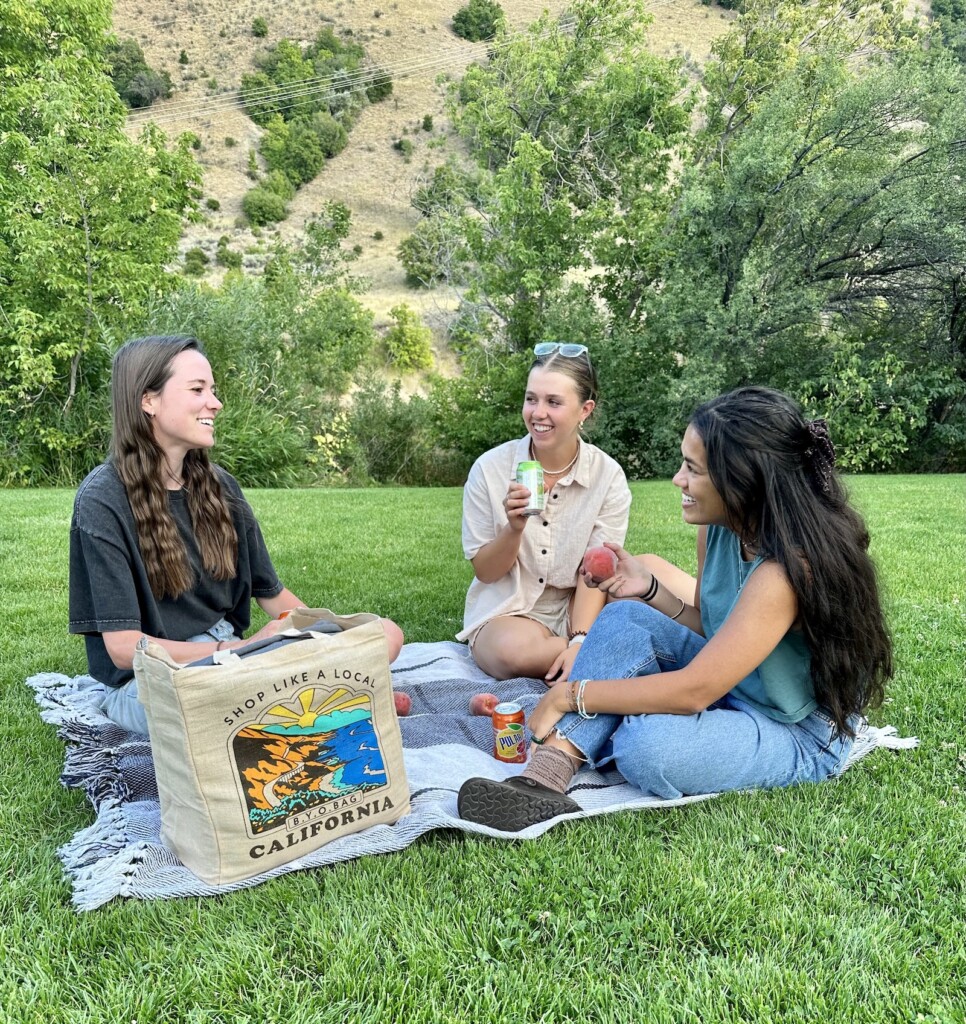A conversation with Pioneer Park Coalition board Member Scott Howell and Catholic Diocese Director Jean Hill.
It’s an untenable situation: more people camping on the streets; more people unwilling to enter shelters; more clearly insane people walking around the streets in downtown; all social services in Salt Lake City are maxed out. There are not enough social workers, beds, or homeless services: What should be done? What can be done?
We sat down with two leading homeless experts: Scott Howell who served on the social services committee in the Utah State Senate directing funds from the Utah State Legislature to homeless NGOs and Jean Hill, who serves on the other side of the issue operating the Catholic Diocese for Salt Lake City: The Weigand Center and Saint Vincent DePaul Dining Hall.
Their answers to our questions concerning the Housing First policy, the unaccountability of how dollars are being spent, and where the money should be allocated are in vast contrast. Both are Democrats but still, they see things very differently from each other.
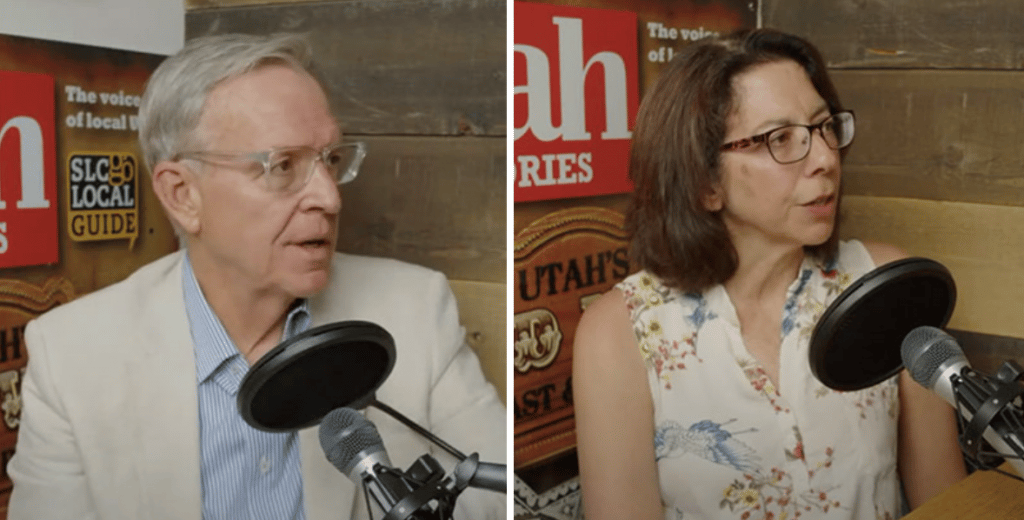
The Debate Over Housing First For Homelessness
After Scott and I finished our conversation, off-air, Jean Hill said to Scott, “I can see you are spreading more misinformation.”
“I am not.”
“Housing First is not free housing.”
“I never said it was free.”
“Yes, you did. Housing first requires a percentage of their paycheck going toward rent, it’s not free.”
Their back-and-forth debating went on for a while. Scott challenged Jean to a debate. The crux of their disagreement concerns Housing First viability and costs. Jean Hill believes with all certainty it is the right policy, but it is currently understaffed and underfunded.
Scott Howell, who says that this year the Utah State Legislature appropriated over $320 million for homeless services for just over 7,000 people, says more money is not the solution. The solution is adding far more accountability to the money already being spent.
Howell believes that if donations from people and organizations such as the LDS Church were entered into the equation, then close to half a billion dollars would be spent on these 7,500 individuals. “It would be better to just be writing these people checks.” he quipped.
Doing the math, perhaps he is right. This amounts to $55,000 per homeless individual in Utah. But Jean Hill disputes his numbers and math. From Utah Stories’ investigations, the amount of money being spent on homeless resource centers as well as long-term-supportive housing or (Housing First) is astounding.
Jean Hill says that if Housing First was properly funded and the support team of case workers was properly staffed than it would be a success. She says that the support team is far understaffed and that they cannot find enough social workers who will follow-up and provide the support that the current tenants need.
The Ever-Increasing Costs of Housing First in Utah
We reported earlier how the Magnolia Project, which was deemed a huge success for chronically homeless individuals, cost nearly $261,000 per unit. This was a Housing First Project which provided over 65 units at a cost of over $17 million.
Our main question for both participants was what the homeless keep asking us in our interviews: “Why can’t we just be allowed to camp somewhere?” Why not allow for a city-sanctioned homeless camp? Jean Hill said she didn’t believe this would actually save any money because sanitation, food, healthcare, and security are all of the main ongoing costs. Providing a camp would not reduce any of these costs.
Scott Howell said that a tiny home village like the one that the Other Side Village is proposing would be something more like this, and it would be far less expensive than the current model.
Answering Questions From The Homeless in Utah
Before we spoke to Jean Hill and Scott Howell we spoke to Jamie Draper a homeless woman camped out by the Jordan River who says she has been homeless for four years. Draper says that she would like to work, but if she leaves her camp she risks all of her possessions being confiscated by the police. Draper and her boyfriend Alfanzo choose to live by the Jordan River and take weekly or bi-weekly treks using their large bicycle trailer to the local food banks to get what they need to survive.
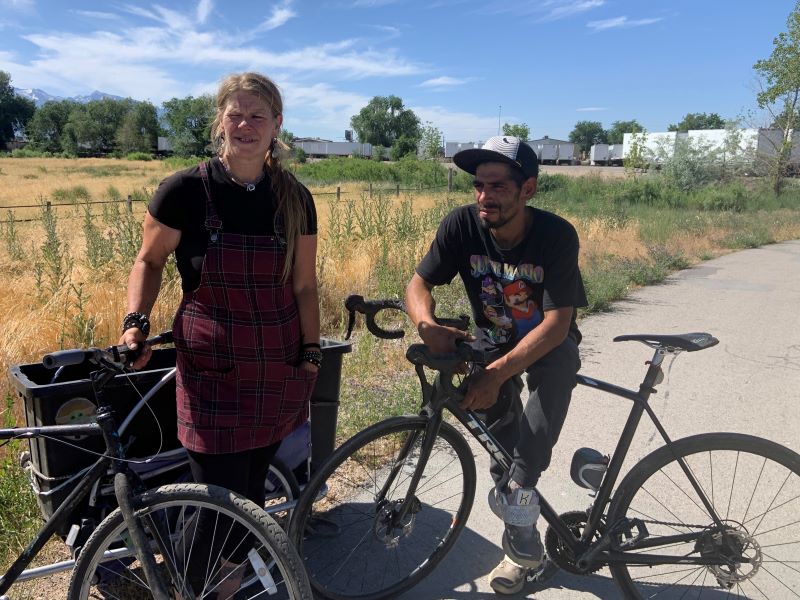
Draper doesn’t believe a city-sanctioned homeless camp would work out because as she says, “A lot of the people out here would not be able to function well in a camp environment.” Draper says that many of the people who are choosing to not live in the shelters are using drugs. She says that she and her boyfriend both use drugs but never opioids.
Watch the podcast to hear what Scott Howell says that Jamie should do, along with Jean Hill’s answers and response to Jamie’s lifestyle and situation camping on the bank of the Jordan.
FULL INTERVIEWS
RELATED CONTENT
If Salt Lake City’s Homeless Had a Say in The over $20 Million Spent on Them
Why Is the 600% Increase in Homeless Spending Resulting in More Homelessness in Utah?
Subscribe to Utah Stories weekly newsletter and get our stories directly to your inbox



